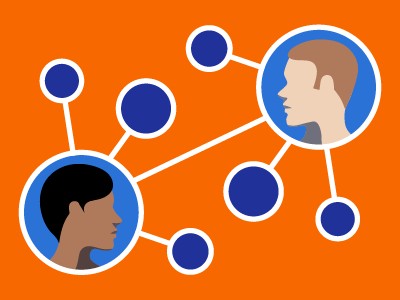Empowering Supervisors Through Communication and Leadership Skills: Crucial Conversations and Crucial Influence Return This Fall
This fall, the Office of Human Resources is once again offering two transformative professional development programs designed specifically for supervisors and managers: Crucial Conversations and Crucial Influence. These workshops equip leaders with the tools to navigate high-stakes discussions and drive…


 The quality of our relationships is the single biggest predictor of our happiness—more so than business success, physical health, wealth, status or fame. While we may be in the unique position of either spending a bit too much time with others lately, or striving to maintain connections with those we love from a safe distance, it does all of us good to focus on and prioritize our relationships to set the foundation of a happy, healthy life.
The quality of our relationships is the single biggest predictor of our happiness—more so than business success, physical health, wealth, status or fame. While we may be in the unique position of either spending a bit too much time with others lately, or striving to maintain connections with those we love from a safe distance, it does all of us good to focus on and prioritize our relationships to set the foundation of a happy, healthy life.